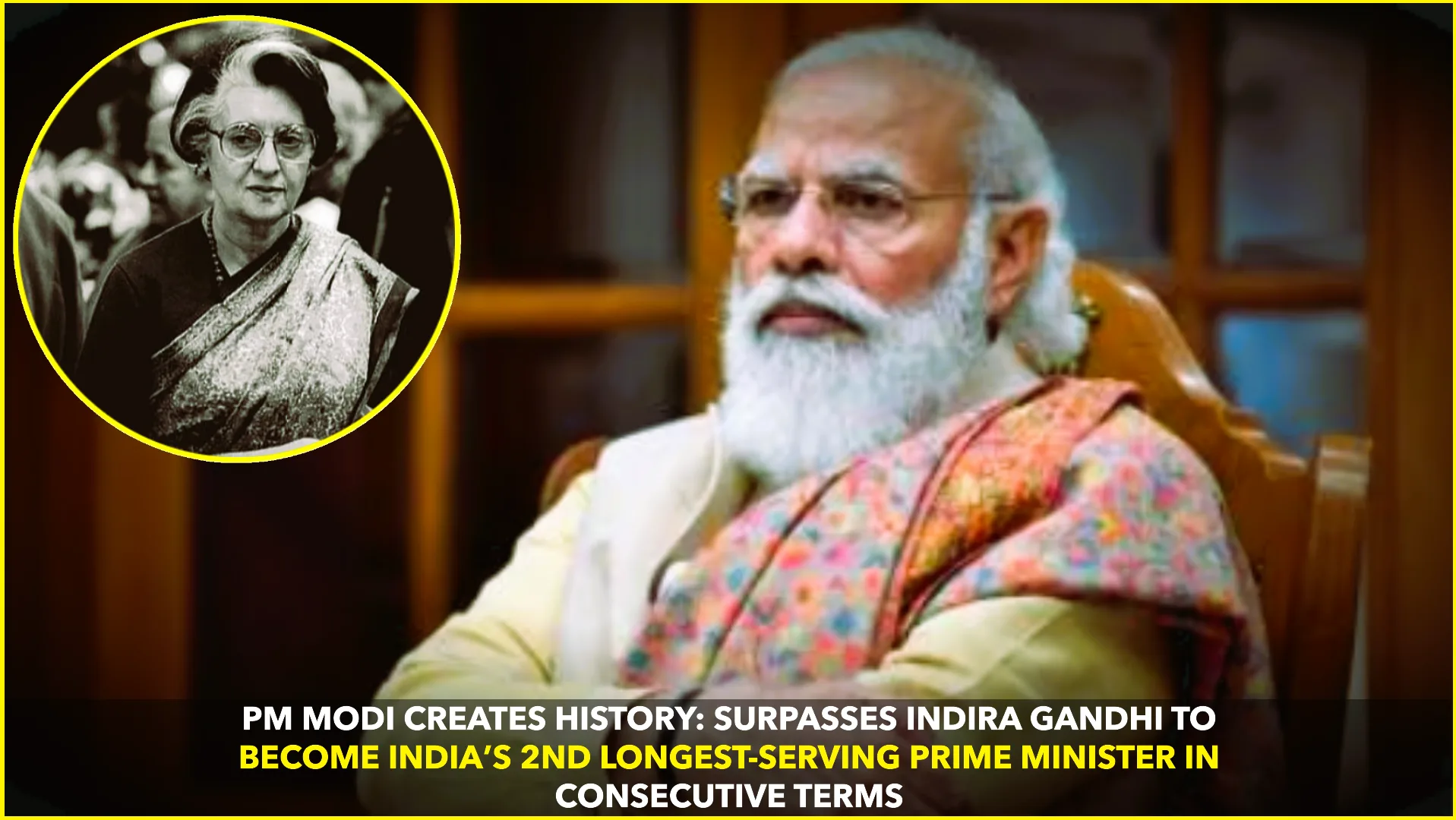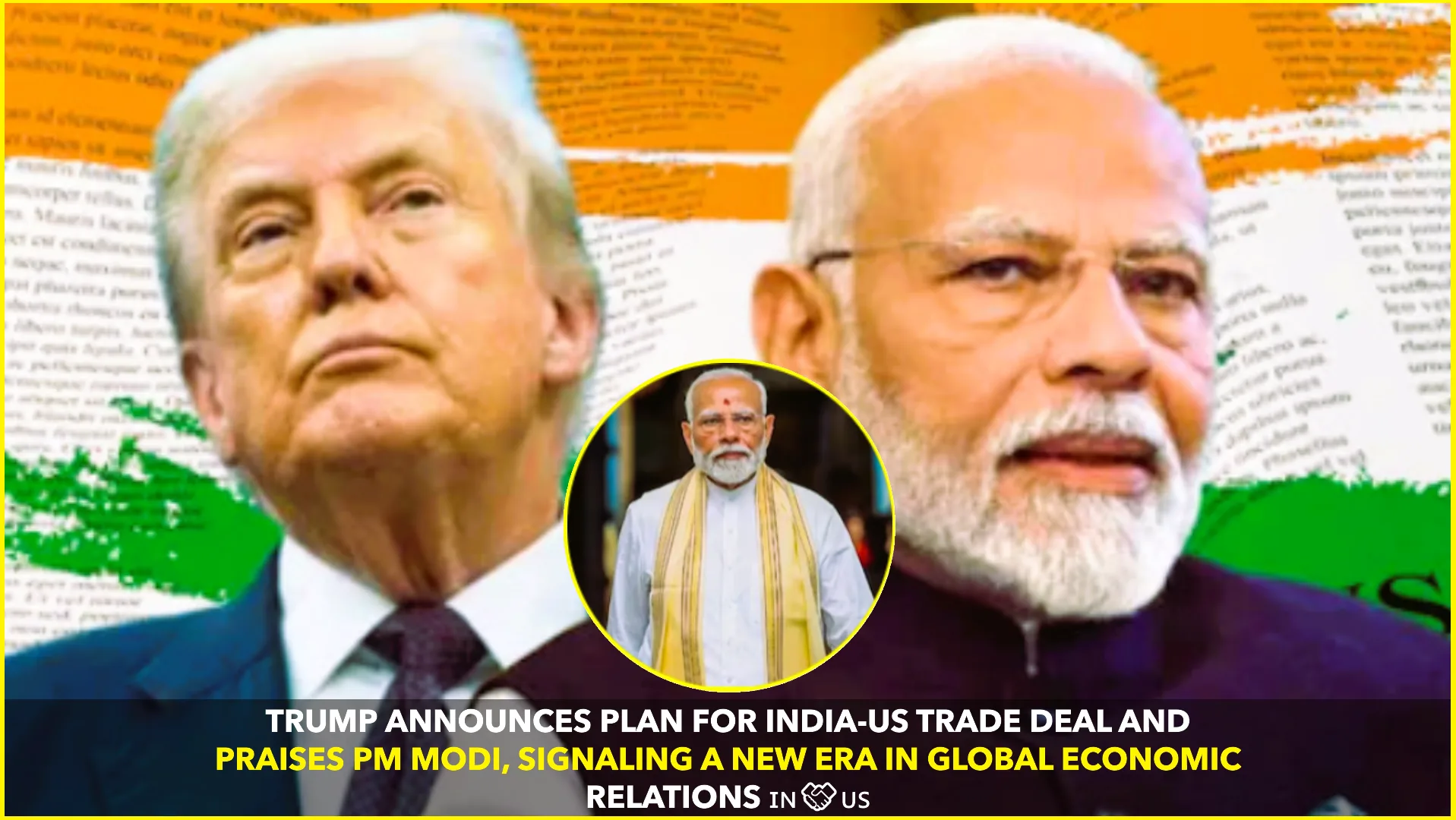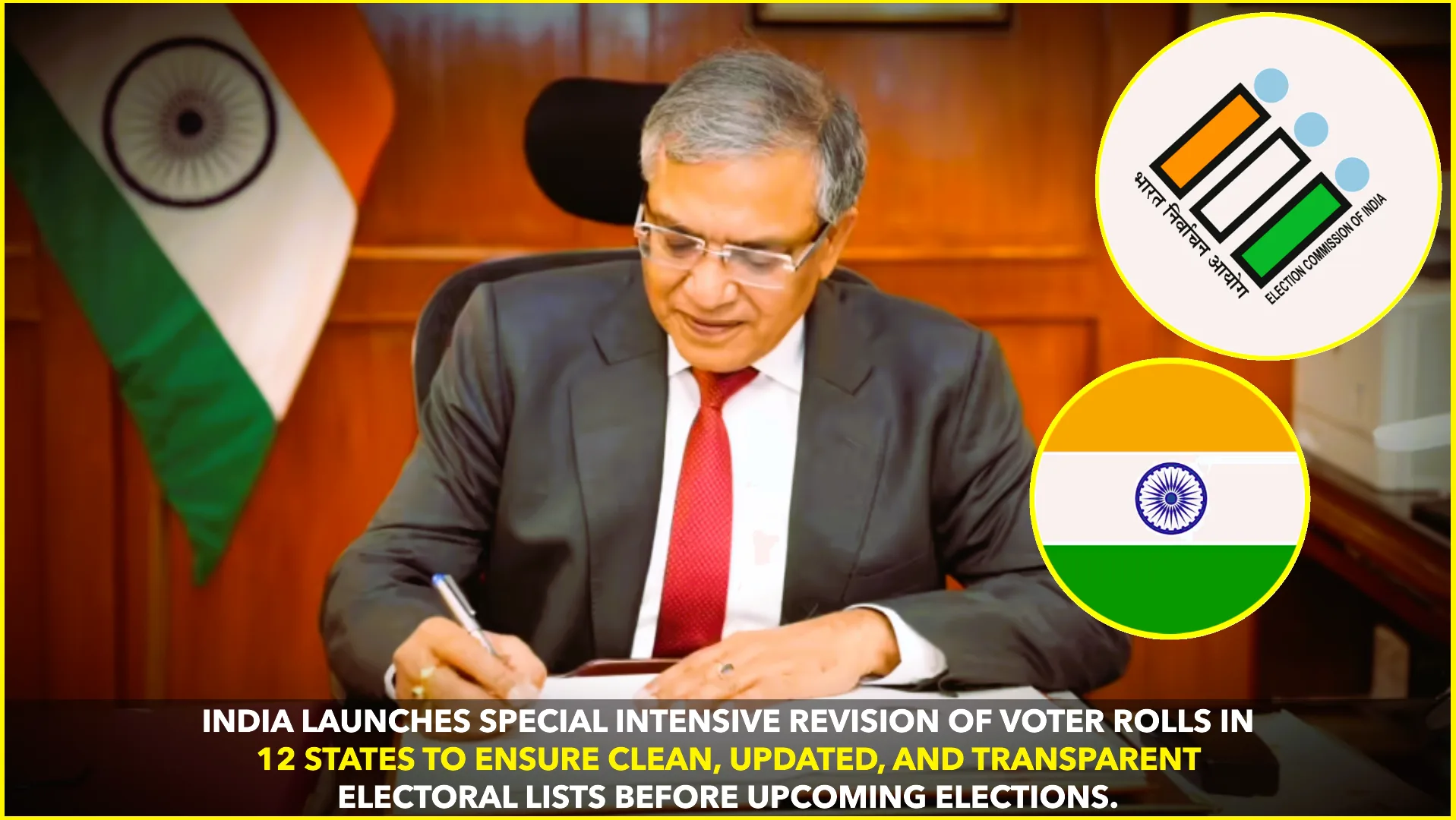On Friday, July 25, 2025, Prime Minister Narendra Modi achieved a historic political milestone by becoming India’s second-longest-serving Prime Minister in consecutive terms, surpassing the record previously held by Indira Gandhi.
According to officials, Modi completed 4,078 consecutive days in office, overtaking Indira Gandhi’s 4,077-day tenure between January 24, 1966, and March 24, 1977. This landmark cements Modi’s legacy not just in terms of longevity but also in transforming Indian politics through sustained public support, decisive governance, and consistent electoral victories.
This record is particularly noteworthy as Narendra Modi is the first non-Congress Prime Minister to cross this benchmark. Additionally, he is the first Prime Minister born after India’s independence in 1947, symbolizing a generational shift in leadership that began with his swearing-in on May 26, 2014.
Modi’s political journey began in Gujarat, where he served as Chief Minister from 2001 to 2014 before assuming national leadership. His tenure as Prime Minister has been marked by landmark decisions including the abrogation of Article 370, implementation of the Goods and Services Tax (GST), Digital India, Make in India, and the ambitious Atmanirbhar Bharat initiative. His leadership during the COVID-19 pandemic, large-scale infrastructure projects, foreign diplomacy, and focus on Hindutva politics have also defined his political image.
Political analysts note that Modi’s popularity remains relatively strong, especially among the youth and middle-class voters, despite criticism from opposition parties over issues like unemployment, inflation, and handling of protests such as the farmers’ agitation.
With the BJP-led NDA coalition winning the 2024 general elections, Modi began his third consecutive term, a feat not achieved by any non-Congress leader in Indian history. His uninterrupted leadership for over 11 years and 2 months demonstrates a rare political dominance in the world’s largest democracy.
Comparing the two leaders, Indira Gandhi is often remembered for her centralizing leadership, the 1971 war victory, the Emergency (1975–1977), and Green Revolution policies. Modi, on the other hand, is seen as a leader who redefined public engagement with mass communication, aggressive electoral campaigning, and nationalist rhetoric.
As India approaches its centenary of independence in 2047, Modi’s long tenure and ongoing political vision may continue to shape the nation’s future profoundly.
Sources:
- Hindustan Times: Modi surpasses Indira Gandhi’s tenure
- Times of India
- Government of India archives










